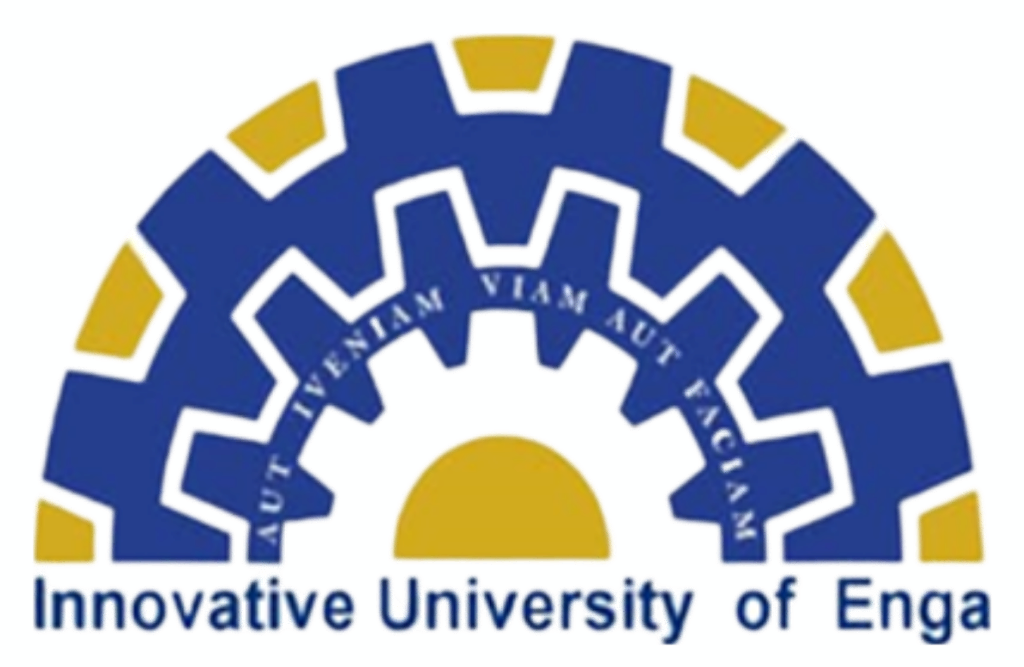Community-Centered Education: The primary objective of this strand is to prepare educators who can facilitate community-centered educational initiatives. Students in this strand learn how to tailor their teaching methods, curriculum, and programs to meet the unique needs and challenges of the communities they serve.
Needs Assessment: Educators in the Community Development Strand are trained to conduct needs assessments within their communities. This involves identifying the specific educational, social, economic, and cultural needs of the community, which can inform the development of targeted educational programs and projects.
Cultural Sensitivity: Cultural competence and sensitivity are vital in community development. Students in this strand learn how to respect and incorporate local cultures and traditions into their teaching practices, fostering a more inclusive and harmonious learning environment.
Partnerships and Collaboration: Community development often requires collaboration with various stakeholders, including local governments, NGOs, community leaders, and parents. Students are taught how to establish and maintain productive partnerships to support educational initiatives.
Project Management: Educators in this strand gain skills in project management, including planning, budgeting, and implementing community-based educational projects. This includes managing resources and ensuring the sustainability of initiatives.
Community Engagement: The strand encourages students to actively engage with the community by organizing workshops, seminars, and outreach programs. This engagement fosters a sense of ownership and involvement within the community.
Environmental Education: Many community development programs include environmental education components. Educators may learn how to incorporate lessons on sustainability, conservation, and environmental stewardship into their teaching.
Social Welfare and Health Education: In some cases, the strand may encompass aspects of social welfare and health education, as these are crucial components of community development. This can include promoting health and hygiene practices and addressing social issues affecting the community.
Assessment and Evaluation: Students are taught how to assess the impact of their community development initiatives on the community's well-being and educational outcomes. This feedback loop helps refine and improve future projects.
Advocacy and Empowerment: The strand may also emphasize advocacy and empowerment, teaching students how to advocate for educational and community needs and empower community members to take an active role in their own development.
Research and Data Analysis: Educators may engage in research related to community development, including gathering and analyzing data to inform decision-making and program improvement.
Ethical Considerations: Ethical considerations are crucial in community development. Students learn about ethical issues and dilemmas that may arise in working closely with communities and how to navigate them responsibly.
The Community Development Strand at Enga Teachers College equips educators with the skills and mindset needed to make a positive impact on the communities they serve. It empowers them to be agents of change, working collaboratively with local stakeholders to address the unique educational and developmental challenges in their region. This strand plays a vital role in fostering sustainable development and improving the overall well-being of communities.

For our Children
Innovative University of Enga - Dept. of Education - Primary Teaching
80 Wabag
Phone: 547 1056
Mobile:
Email: info@engatc.ac.pg | info@iue.ac.pg | admission@iue.ac.pg